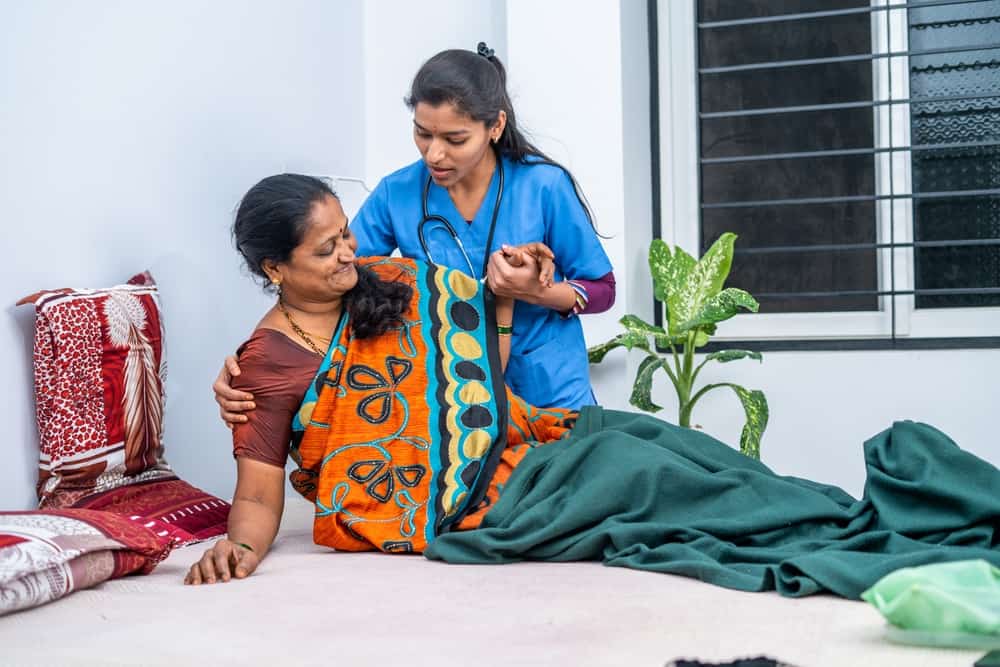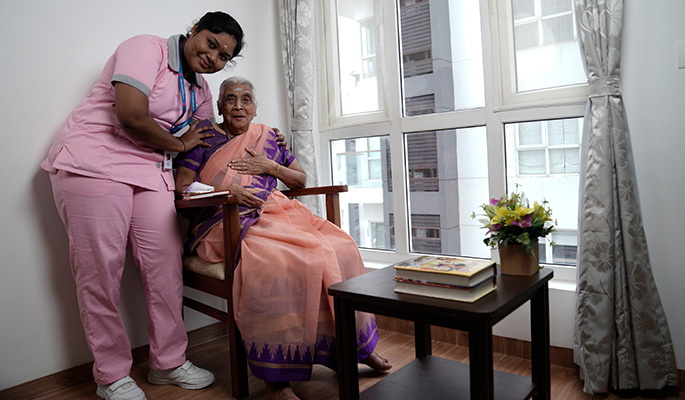Palliative Care at Home Bangladesh: Enhancing Quality of Life for Patients and Families
Palliative care, a specialized medical approach aimed at improving the quality of life for individuals facing serious illnesses, is increasingly gaining recognition in Bangladesh. In a country where access to healthcare services can be challenging, especially for those with advanced illnesses, the provision of palliative care at home offers a ray of hope for patients and their families.
Home-based palliative care in Bangladesh is emerging as a vital component of the healthcare system, providing compassionate and comprehensive support tailored to the specific needs of patients. This approach acknowledges the importance of cultural values, family dynamics, and individual preferences in delivering care.
One of the key advantages of palliative care at home is the comfort and familiarity it provides to patients. Being in a familiar environment surrounded by loved ones can alleviate stress and anxiety, contributing significantly to the overall well-being of patients. Moreover, it enables families to actively participate in the care process, fostering a sense of empowerment and solidarity.
In Bangladesh, where hospice facilities are limited and often concentrated in urban areas, home-based palliative care addresses the disparity in access to specialized services. Through a network of trained healthcare professionals, including doctors, nurses, and social workers, palliative care teams deliver comprehensive medical treatment, pain management, emotional support, and spiritual care to patients in their own homes.
Furthermore, palliative care at home emphasizes holistic support, addressing not only physical symptoms but also psychological, social, and spiritual needs. This multidimensional approach ensures that patients receive personalized care that aligns with their values, beliefs, and cultural preferences.
However, despite the growing recognition of the importance of palliative care, several challenges remain. These include limited awareness about palliative care services, insufficient training opportunities for healthcare professionals, and inadequate funding for palliative care programs. Addressing these challenges requires concerted efforts from policymakers, healthcare providers, and civil society organizations to expand access to quality palliative care services across Bangladesh.
In conclusion, palliative care at home represents a compassionate and holistic approach to caring for individuals with serious illnesses in Bangladesh. By prioritizing patients’ comfort, dignity, and quality of life, home-based palliative care not only alleviates suffering but also provides much-needed support to families during challenging times. As the demand for palliative care continues to grow, it is imperative to strengthen the infrastructure and resources necessary to ensure that all individuals have access to high-quality palliative care services, regardless of their location or socioeconomic status.




